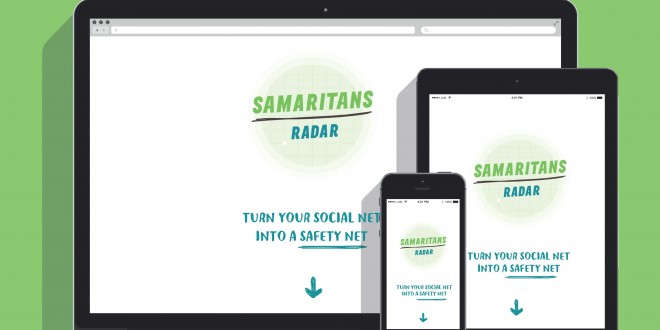Samaratians Radar is – or used to be – an app within Twitter that could sweep through tweets and filter for content that would suggest a depressive or otherwise dangerous mental state. The purpose of Radar is to try and raise awareness, as well as prevent tragedies from happening, screening tweets for suicidal thoughts or hints. Even though Radar hasn’t been on the air for long, it has already received a lot of complaints from privacy campaigners, who are concerned about where the information Radar gathers goes.
According to most critics of the otherwise well-intended application, Radar breaches privacy because it collects, processes and shares sensitive information without the user’s express consent. Radar would try and detect people that could have been in fragile emotional states and alerted their friends – or whoever was interested. That was the flaw in Radar that most critics attacked. The application has a database of keywords it uses in order to find tweets that could point at imminent tragedy and then alert people about the tweeter. While the idea behind Radar promotes helping each other and raising awareness about how undetectable depression has become, many have a point when they say that the app could also “help” these troubled individuals be targeted by even more bullying and mean behavior.
Samaritans Radar spokesperson said that they have been receiving a lot of feedback detailing these privacy concerns and has stated that the app would be indefinitely suspended. They also mentioned that they had received support from Patricia Cartes, Twitter’s own global head of trust and outreach. The app was mainly targeting people between the ages of 18 and 35, but it didn’t let users know that they were being reported as “suicidal” or “dangerous” to other Twitter users. If Samaritans can fix the privacy issues and devise a system that would allow for some privacy and filtering, the app could be a success since it did have numerous backers even before its October launch.
 Load the Game Video Games, Reviews, Game News, Game Reviews & Game Video Trailers
Load the Game Video Games, Reviews, Game News, Game Reviews & Game Video Trailers



